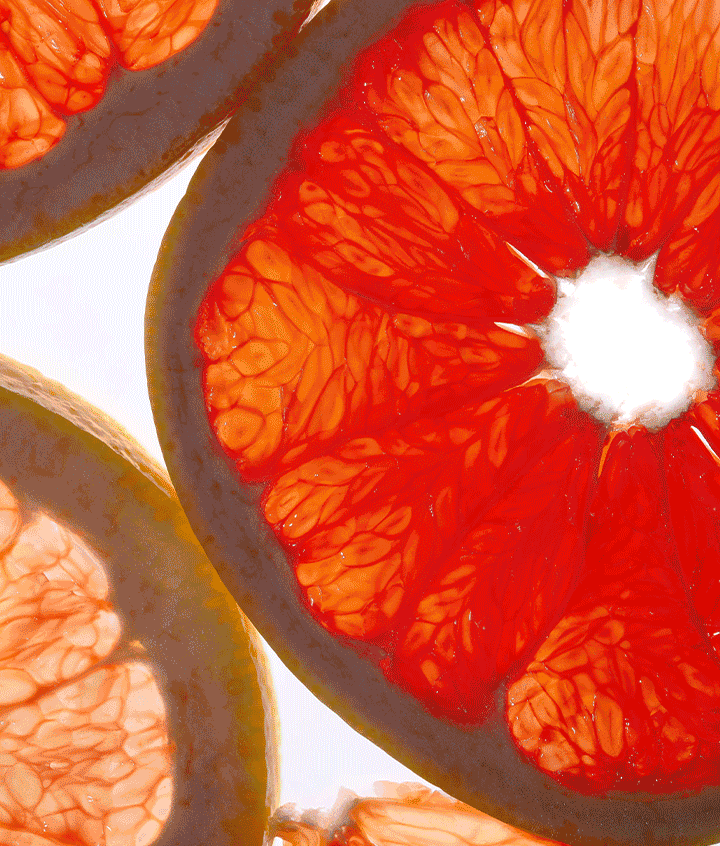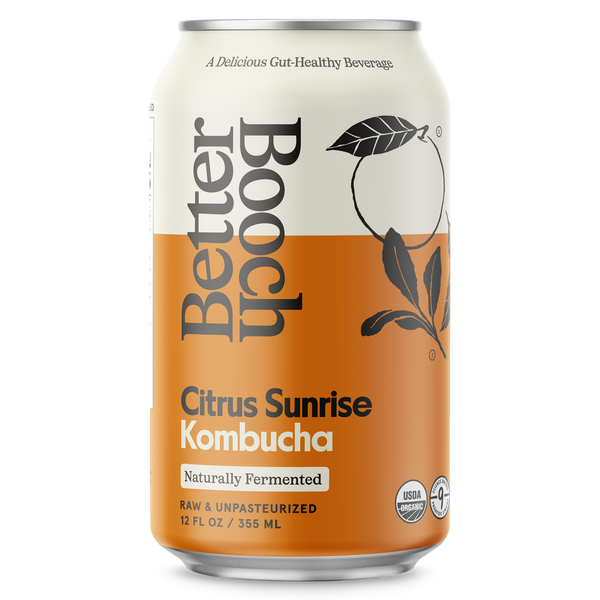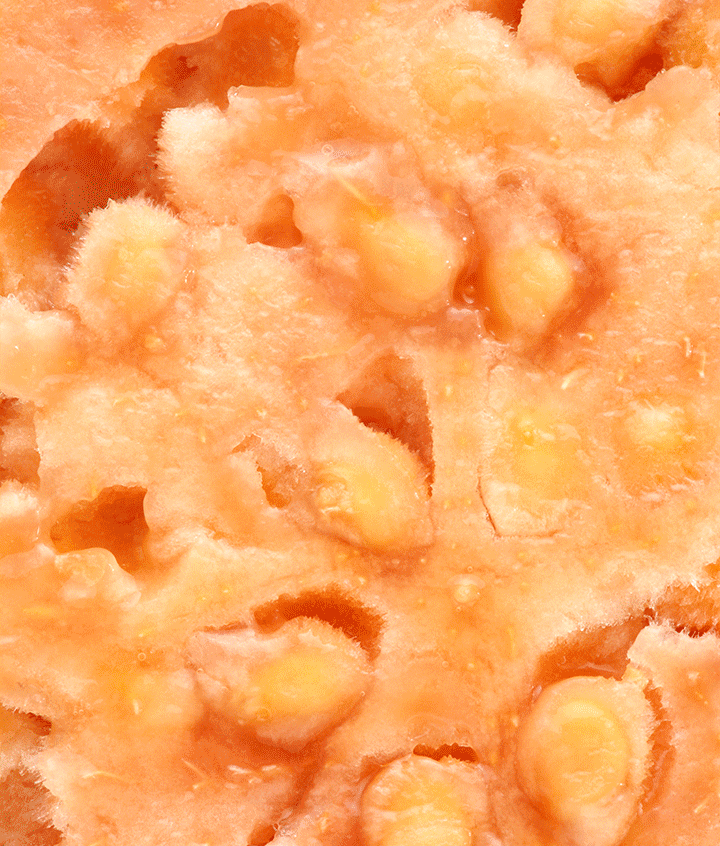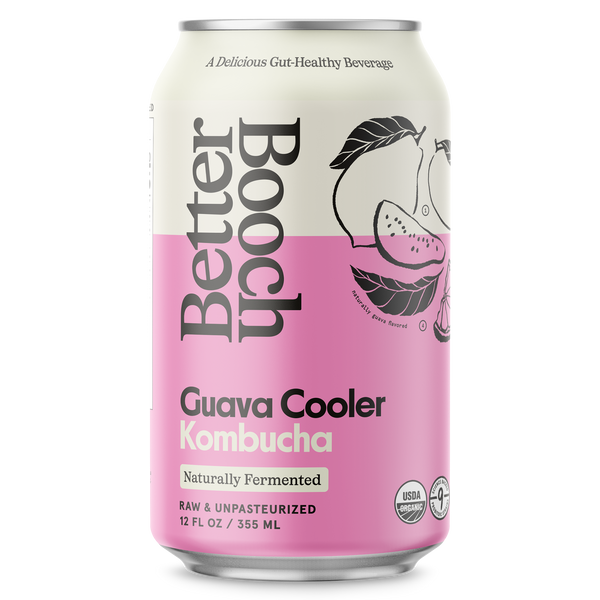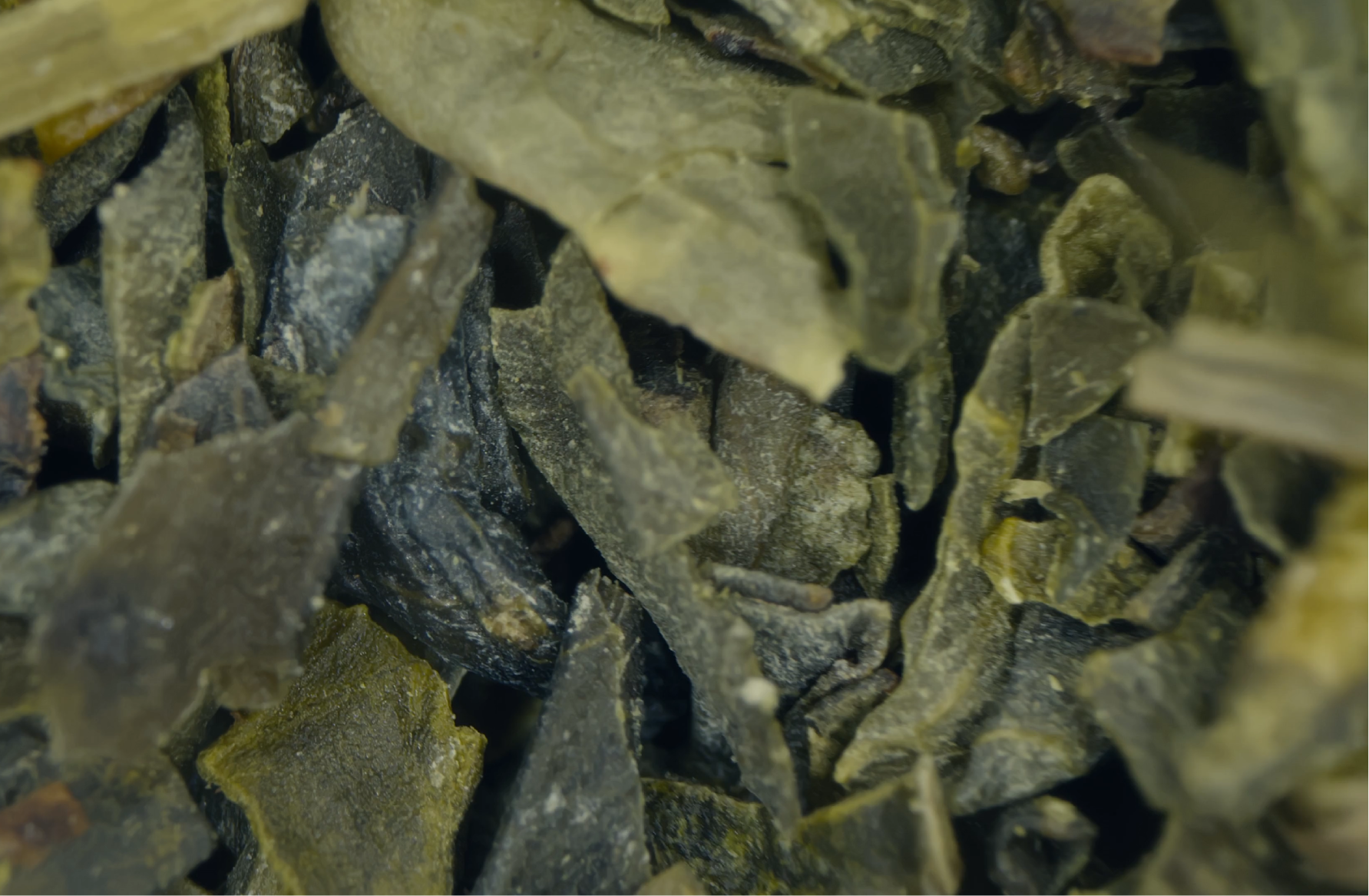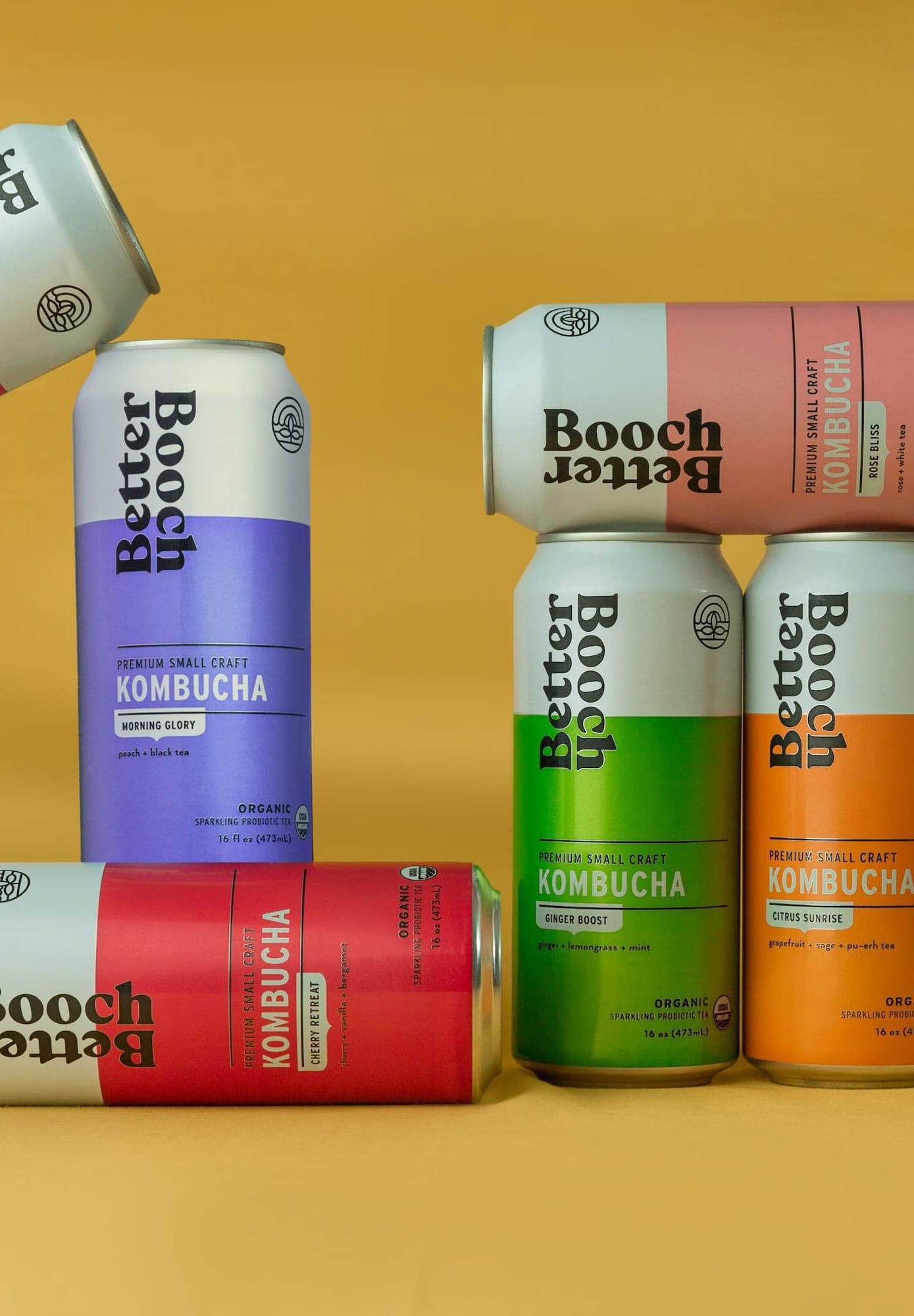If you're sipping on a can of Better Booch and suddenly wondering whether you should be concerned about caffeine before bed, you're not alone. The caffeine content in kombucha is one of our most frequently asked questions, and the answer is more fascinating than you might expect.
The short answer: Yes, kombucha contains some caffeine—but significantly less than the tea it's made from, thanks to the magical transformation that happens during fermentation.
Let's dive into the science behind caffeine in kombucha and discover why the energy you feel from our brew comes from more than just caffeine alone.
THE STARTING POINT: HIGH-QUALITY ORGANIC TEA
At Better Booch, we begin with premium organic teas as the foundation of our kombucha. These carefully selected teas naturally contain caffeine—a compound that plants like tea, coffee, and cacao produce as a natural pesticide (clever, right?).
Different tea varieties contain different amounts of caffeine:
- Black tea: 40-70mg per 8oz cup
- Green tea: 25-45mg per 8oz cup
- White tea: 15-30mg per 8oz cup
For comparison, an 8oz cup of coffee typically contains 95-200mg of caffeine.
THE FERMENTATION FACTOR: NATURE'S CAFFEINE REDUCER
Here's where the science gets interesting. During kombucha's fermentation process, something remarkable happens to that initial caffeine content:
The SCOBY (Symbiotic Culture of Bacteria and Yeast) actually metabolizes a portion of the caffeine.
Research suggests that the fermentation process can reduce the tea's original caffeine content by approximately 15-70%, depending on:
- Fermentation time (longer fermentation = more caffeine reduction)
- Temperature conditions
- The specific microbial composition of the SCOBY
- The type of tea used as the base
This means that a typical 12oz serving of Better Booch contains roughly 8-25mg of caffeine—significantly less than a cup of tea and far less than coffee or energy drinks.
TEA CAFFEINE VS. COFFEE CAFFEINE: NOT ALL ENERGY IS CREATED EQUAL
The caffeine that remains in kombucha comes from tea, which affects your body differently than coffee caffeine. Here's why many people find tea-based caffeine to be superior:
1. Slower, steadier release: Tea contains an amino acid called L-theanine that works synergistically with caffeine. This combination provides a more balanced energy without the jitters or crash often associated with coffee.
2. Gentler on your system: Tea caffeine typically causes less stomach acid production than coffee, making it easier on your digestive system.
3. Longer-lasting focus: Many people report that the energy from tea feels more like sustained clarity rather than the intense spike that coffee can produce.
The result? The small amount of caffeine in Better Booch provides a gentle, balanced lift rather than an intense buzz or the dreaded caffeine crash.
BEYOND CAFFEINE: THE B-VITAMIN ENERGY BOOST
Here's something many people don't realize: the energizing effect you feel from kombucha isn't just about caffeine—it's also about B vitamins.
During fermentation, the beneficial microorganisms in kombucha actually produce B vitamins, including:
- B1 (thiamine)
- B2 (riboflavin)
- B3 (niacin)
- B6 (pyridoxine)
- B12 (cobalamin)
These B vitamins play crucial roles in cellular energy production, helping your body convert food into fuel more efficiently. They support mental clarity, physical energy, and overall vitality without stimulating your central nervous system the way caffeine does.
This is why many people report feeling energized after drinking kombucha, even though its caffeine content is relatively low—you're getting natural energy support from these beneficial B vitamins.
THE BETTER BOOCH APPROACH TO CAFFEINE
We believe in transparency about what goes into our brews. Here's our approach to caffeine:
- Quality over quantity: We use only organic, high-quality teas as our base
- Balanced fermentation: Our carefully controlled fermentation process ensures optimal caffeine reduction while maximizing probiotic benefits
- Natural energy: We let the B vitamins and gentle tea caffeine provide balanced energy support
For those who are highly sensitive to caffeine or looking to avoid it entirely, we recommend enjoying Better Booch earlier in the day. While the amount is minimal compared to coffee or tea, everyone's sensitivity is different.
THE BOTTOM LINE: BETTER ENERGY FROM BETTER BOOCH
The next time you reach for a can of Better Booch, you can appreciate that the subtle energy lift you feel comes from a beautiful combination of:
- A small amount of naturally-occurring, fermentation-reduced tea caffeine
- Naturally produced B vitamins from the fermentation process
- The balancing effect of L-theanine from the tea
It's not just about what we put into our kombucha—it's about the remarkable transformation that happens during fermentation, creating a beverage that supports your energy in a more balanced, sustainable way than highly caffeinated alternatives.
That's the Better Booch difference: energy that feels as good as it tastes.
Have you noticed a difference between how you feel after drinking coffee versus kombucha? We'd love to hear about your experience in the comments below!
Want to learn more about the benefits of authentic fermentation? Check out our post on Why is There Sugar in Kombucha? to discover another fascinating aspect of the fermentation process.
